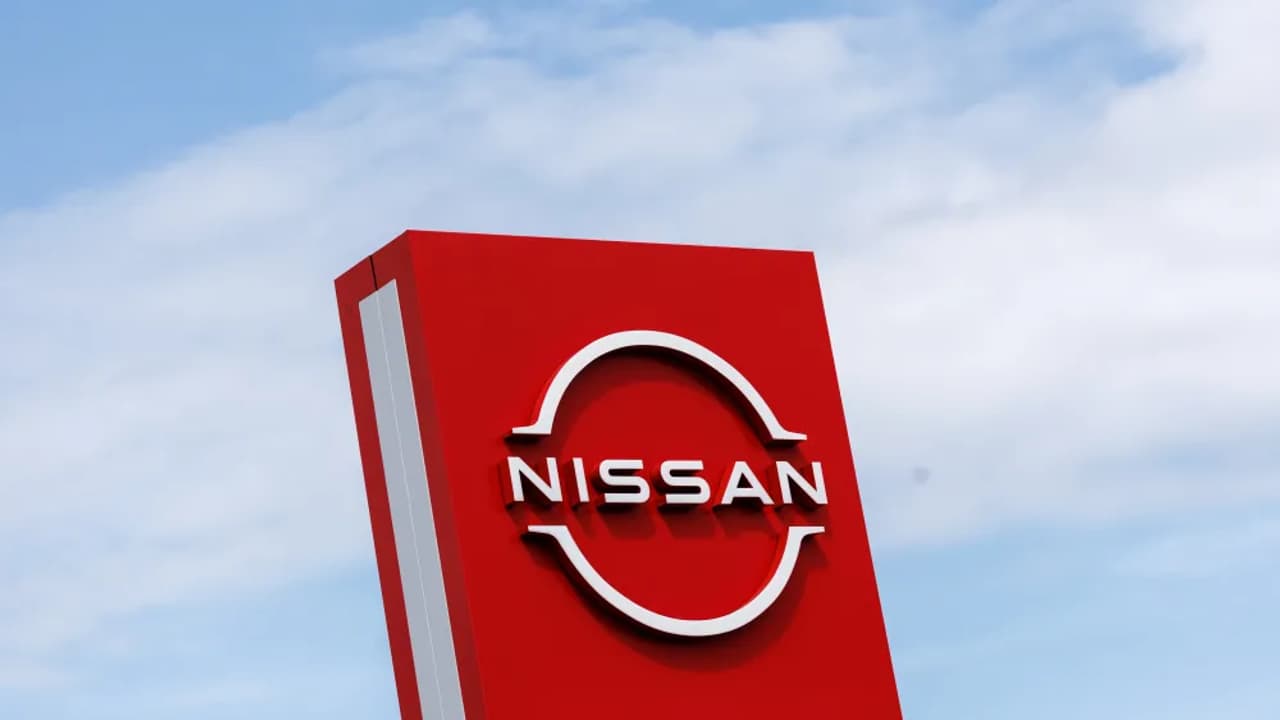The company has launched US employee buyouts and suspended global merit-based pay raises as part of a restructuring plan that includes job cuts, plant closures, and a $7 billion capital raise to manage mounting debt and weak margins.
Nissan Motor Co., Ltd. has initiated voluntary buyout programs for its U.S. employees and suspended all merit-based pay raises worldwide to enhance cost-saving measures amid deteriorating profit margins and financial stress, Reuters reported, citing internal emails.

The company’s ADR fell 1.81% to $4.94 on Wednesday.
Under CEO Iva Espinosa's restructuring plan revealed earlier this month, Nissan Motor Co. will shut down seven global production sites and cut 11,000 jobs, resulting in a total workforce reduction of 20,000.
In the U.S., separation packages have been offered to employees at Nissan's Canton, Mississippi plant and to salaried staff in departments such as HR, finance, planning, and IT.
Nissan Americas Chairman Christian Meunier said in an email that the local reductions were "crucial for Nissan's comeback." The company has not disclosed the number of workers affected.
Reuters also reviewed a separate email confirming a global suspension of merit-based pay increases for the current fiscal year.
Nissan later confirmed a voluntary separation program for a limited group of U.S. salaried employees but declined further comment as the process is ongoing.
Despite increased vehicle sales, Nissan's North American operating profit margin continues to decline, as analysts attribute this to the company's outdated vehicle lineup and insufficient hybrid options in the U.S. market.
Nissan intends to secure over 1 trillion yen ($7 billion) through debt issuance and asset sales as part of its financial overhaul to address a 2026 principal loan repayment.
Under its financial strategy, Nissan will issue convertible bonds and high-yield notes totaling up to ¥630 billion ($4.37 billion) and a £1 billion ($1.4 billion) syndicated loan backed by UK Export Finance.
Nissan is also exploring asset sales, including stakes in Renault and the battery maker AESC, properties in South Africa, Mexico, and the U.S., along with a sale-leaseback of its Yokohama headquarters.
Despite holding sufficient cash reserves and credit lines to sustain operations for 12 to 18 months, the company faces a projected 450 billion yen ($3.12 billion) operating loss for the fiscal year ending March 2026 and a $5.6 billion debt maturity next year.
The stock has declined 17.8% so far in 2025.
For updates and corrections, email newsroom[at]stocktwits[dot]com.<
